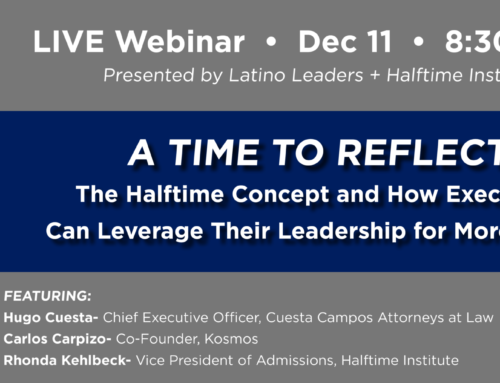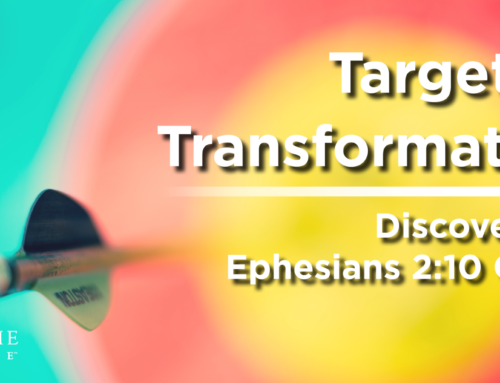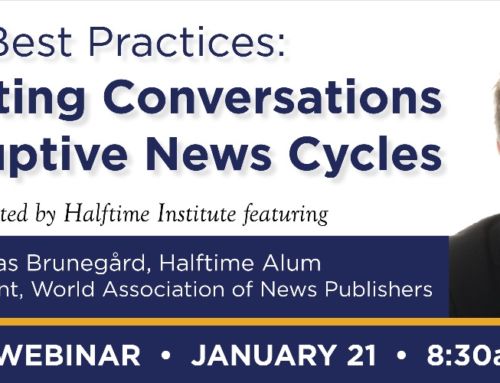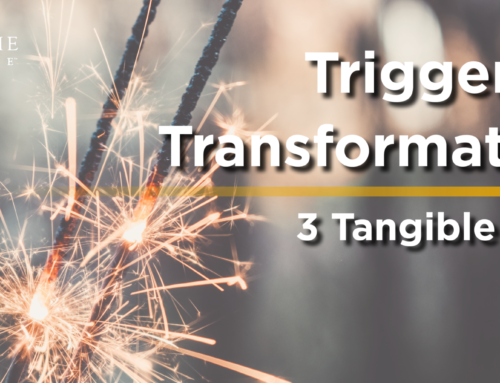To operate at your best and most fulfilled, it is critical that you know your strengths and your purpose. But I like to say that knowledge is a tool and not a solution.
Your purpose and calling emerges not in a day or in an assessment. Or in a heartfelt prayer—or even two.
The significance you rightly look for is unlikely to arrive, boom, by epiphany. And that’s the good news. In my new book Trade Up, I stress that it’s in the journey, your journey, that good things happen. In the steps to know and learn, in the day by day, you are shaped, pruned, taught, revealed to yourself, and both softened and given wisdom. The journey prepares you for your arrival.
Even more, this journey is impossible alone. From 20 years of helping men and women find their callings, we at the Halftime Institute know for certain that on your own you grow tired, give up, or drift away. You fall to distractions that begin with “just this once.” You overlook insights and feedback. You miss out on the people and the relationships that make you grow.
Without your peers—the men and women who share your vision and values and challenges—you enter the valley of “surely life is more than this” (a healthy step) but never scale the mountain that leads to perspective and change.
Jeff Spadafora, Halftime Institute’s first and foremost expert on coaching—and recent author of The Joy Model: A Step-by- Step Guide to a Life of Peace, Purpose, and Balance—has a great illustration about the high role of peers in a Halftime journey.
A man in a Halftime Institute Fellows cohort (let’s call him Ray) had taken the personal-profile exams and was stuck in knowing himself. More to the point, he was lodged in navel-gazing. Unable to figure out God’s call, Ray’s journey slowed to a crawl and then stalled out. No action. No “low-cost probes,” which is Halftime terminology for getting out there and testing the waters.
In industry terms, what Ray needed was a swift kick in the pants. He was CEO of a 450-person company, and who’s going to confront that guy? Answer: a man in his cohort—a fellow Halftimer who knew Ray and had his trust.
During a meeting one day, a man burst out with, “Ray, I’m sick of hearing your bellyache. Go out and serve. For goodness sake, do anything.”
Just as impressive, Ray heard him. It turns out Ray’s 80 year-old mother made sandwiches for the homeless every Tuesday at her church. The next Tuesday, for two hours, our navel-gazing CEO squirted mustard on baloney sandwiches while homeless men and women walked up and told him about their lives. At his next cohort meeting, Ray was bursting with new information.
“I don’t know if you guys realize this, but a lot of these people don’t choose to be homeless,” he told his cohort. “A car breaks down and a guy can’t get to work, and he loses his job, and the whole family’s on the street. Or it’s mental illness, and he has no backstop.”
The men around Ray that day listened and nodded. In one small step of service, their friend made a giant leap in compassion. The breakthrough had opened not with making sandwiches, though, or by meeting the homeless. It started with Ray’s willingness and risk, with exposure to “the things Jesus cares about.” At the base, it started with the mystical powers of positive peer pressure.
We need accountability groups for the same reasons we set alarm clocks: because we know our limitations. The human brain at best has incredible capacity for rationalization—at worst, for self-delusion.
Without the truth telling of people who know us, are for us, and would rather make us better than make us happy, we sleep in and miss the good stuff.
For more on this, check out my new book Trade Up. Join the conversation about leading a career with purpose by searching the hashtag #TradeUpBook.






